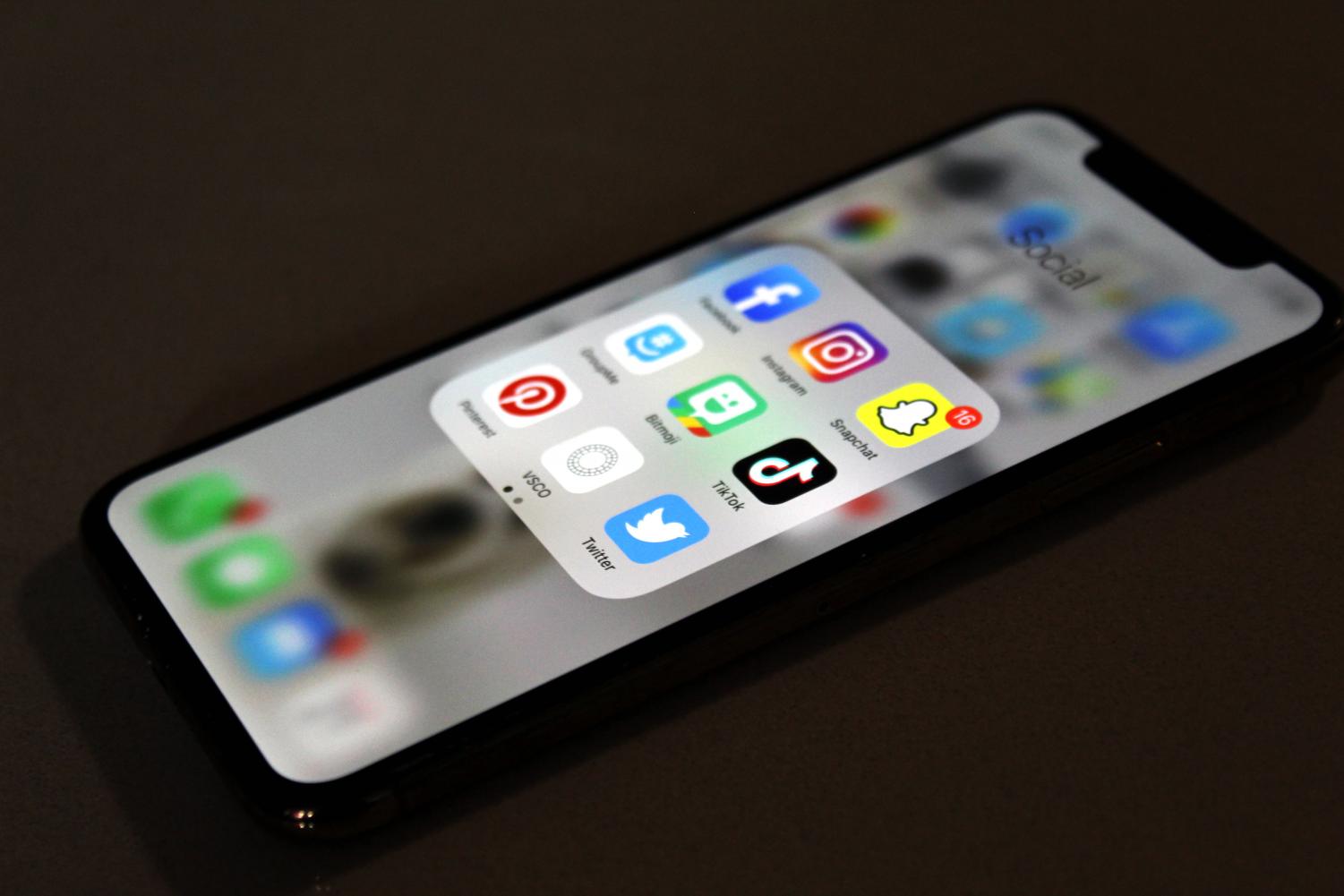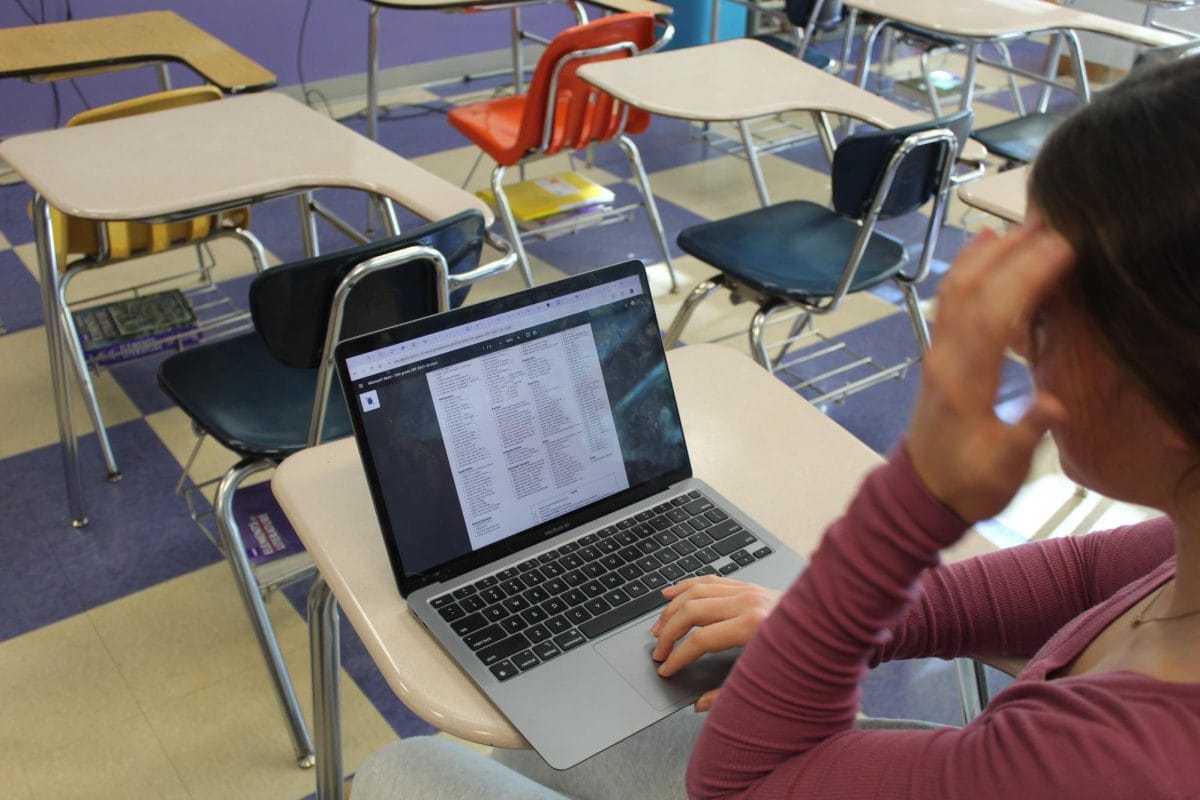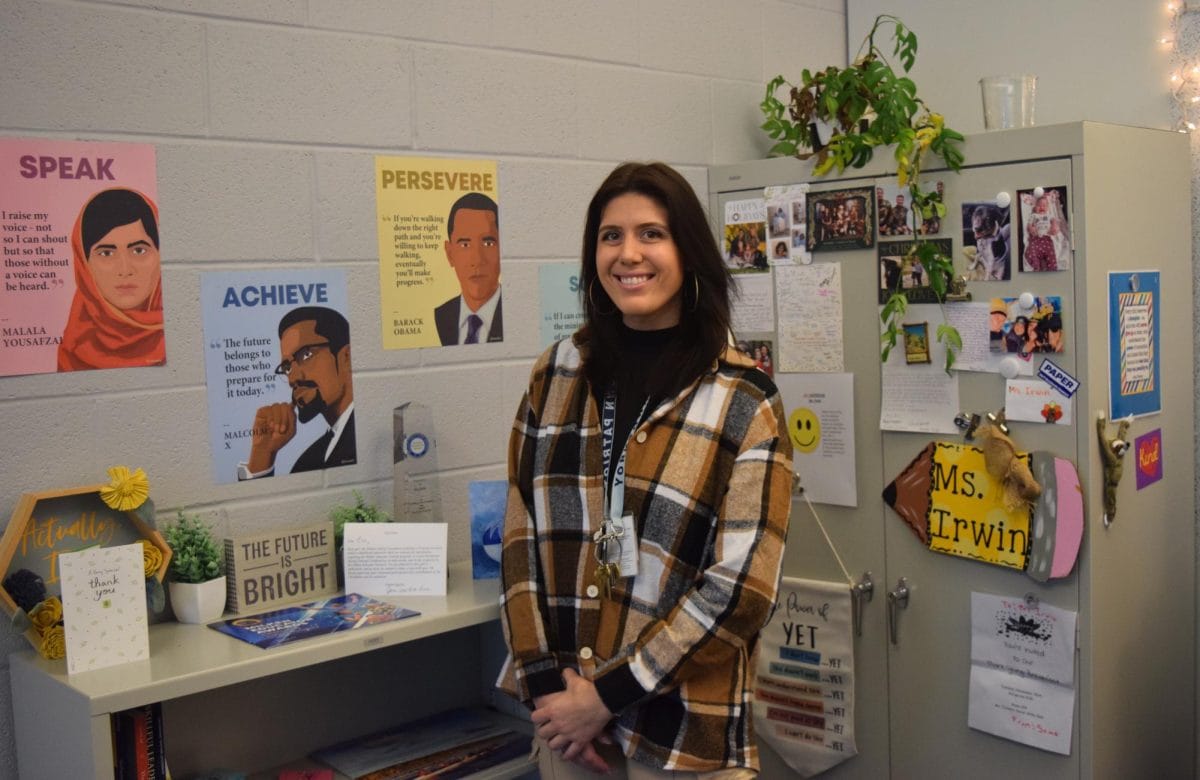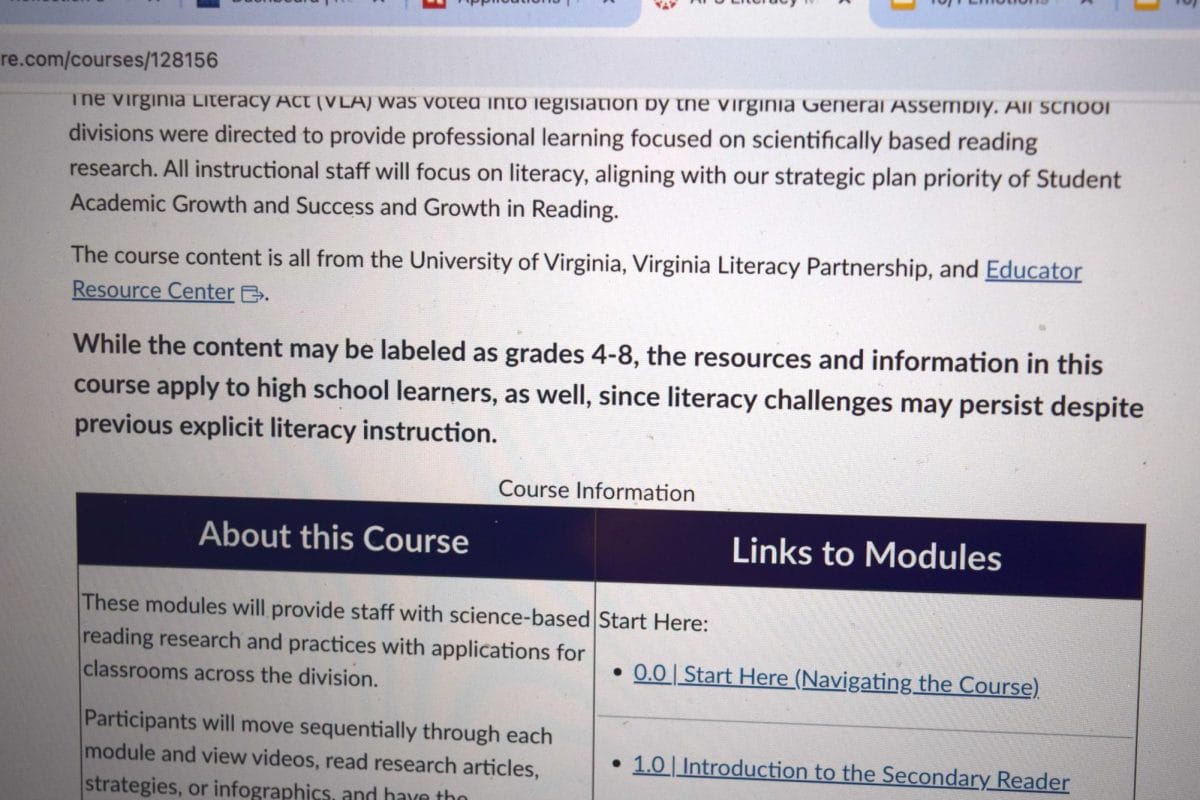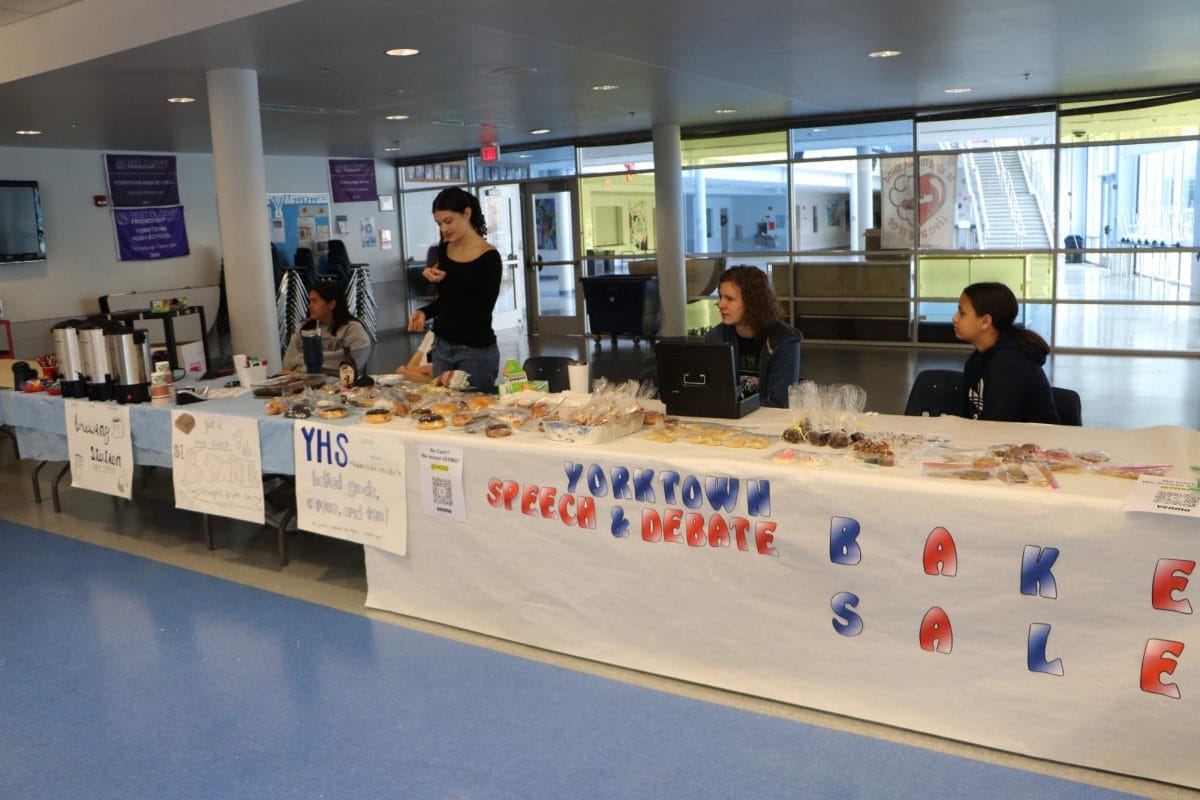Students are granted certain rights to maintain safety and cooperation in the school setting; however, many are unaware of their rights with regard to social media. With the Internet still being relatively new, Arlington Public Schools (APS) and our school have adopted guidelines and policies in the past few years to keep social media from disrupting the school day. These policies encompass many aspects of a student’s internet presence because social media, as used in school guidelines, is an umbrella term rather than just traditional sites like Instagram and Snapchat.
“[Social media] can be anything really…. It’s all fair game, texts, social media, Snapchat, Facebook, MySpace, all that kind of stuff,” Assistant Principal Scott McKeown said.
However, students’ social media is not monitored nor does the school desire to monitor every student’s social media. But when it starts to bleed into the school day, administrators begin to get involved.
“[The Acceptable Use Policy] is our guideline. [Our school has] gotten very strict guidance from [the APS school board] that if [social media] interferes with the school day, [school administrators] can butt our noses in,” McKeown said.
The Acceptable Use Policy is an agreement every student signed at the beginning of the year that outlines the guidelines for the school-issued laptops. The online form contains nine essential rules when it comes to technology usage including, but not limited to, any use of technology that bullies, threatens, harasses, endangers or attacks another person or persons may be disciplined under all applicable regulations and laws. Additionally, students have no expectation of privacy while using the school wifi network or while in possession of a school-issued device on school property.
“If they’re not using [school-issued] technology in the school for school-related things, we can snatch this [laptop] up, we don’t need police permission [and] we don’t need parent permission … that’s APS’ device, we can look through that all we want. So I can see all your pictures from your summer vacation and the messages your friends sent you and everything like that,” McKeown said.
These policies mean that if a student is ever under suspicion of abusing their laptop privileges, the school administrators have the right to confiscate and search the device. This includes any pictures, search history and logged-in social media accounts. While a school-issued laptop may be searched at any time with or without the student’s consent, phones fall under another policy.
“I cannot just take your phone and go through stuff without your permission or your consent. We’re not just snatching up phones and going through things, I have to get a search warrant, court order or court document … or anything like that to officially have reasonable cause to look through a phone,” Resource Officer Tim Koch said.
The same policy goes for any other personal device brought to school. Regardless if the search is conducted with the student’s consent or by means of court, the student’s legal guardian must be contacted. This ensures student’s privacy and allows for open discussion between each party during the search.
During these searches, the administrators are not concerned with your homecoming photos or latest Twitter rant, but rather content that can be interpreted as deleterious.
“[School administrators] review what’s posted to see whether or not it poses harm either to that student or other students, whether it creates disruption in the classroom or the school day. Those things that would be harmful to the student, anything violent, substance abuse, weapons … that’s what is looked for,” Assistant Principal William Lomax said.
The intention behind a search is to eradicate any potential harm that may occur to our school or its students. Due to this, Lomax emphasizes the importance for students to report any suspicious or seemingly dangerous post or message they encounter.
“Tell an adult, use the reporting tab if they’re concerned about what they’re seeing online. …. Officer Koch uses this line all the time, ‘Don’t be the last person to know something’ If you’re at all concerned share it out with somebody [because] if something does happen, you’ll wish you had,” McKeown said.
The reporting tab is located under the student section on our school website and can be used to report various concerns. The form lets students remain anonymous while guiding them through the questions to ensure clear and concise answers. While not used frequently, the reporting tab is a powerful tool and, when used correctly, can thwart the potential risks that may arise from social media use.
With social media being a prominent part of students’ lives, it is critical that everyone is informed of their rights. While the school says it is mostly uninterested in students’ internet presence, consequences will emerge when it starts to interfere with the school day. Students are held responsible to not only be respectful online, but to hold their peers to the same standards.





































